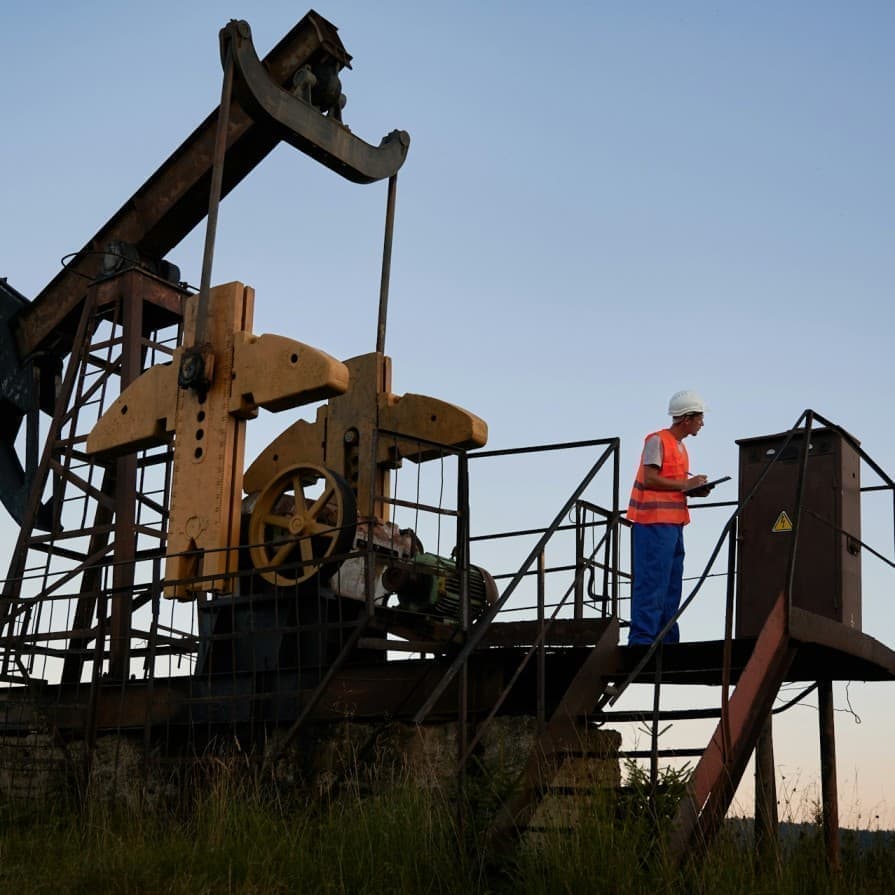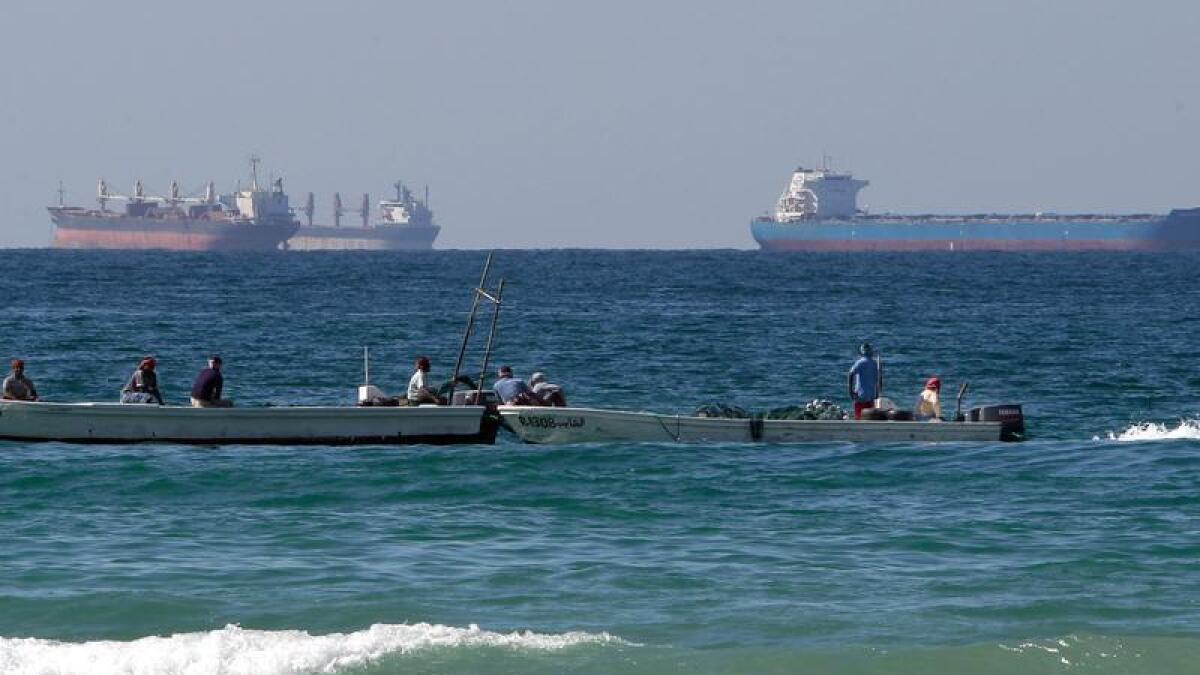
United States President Donald Trump is pushing to expand the country’s seabed mining industry to access critical minerals essential for various sectors. This initiative is part of a broader strategy to reduce dependence on China for these resources. However, the plan has drawn significant criticism from international organisations and environmental advocates concerned about the potential environmental impacts of seabed mining.
The International Seabed Authority (ISA), an autonomous body established in 1982 under the United Nations Convention on the Law of the Sea (UNCLOS), plays a pivotal role in regulating activities related to the deep seabed. The ISA aims to protect the marine environment from the harmful effects of mining and has 170 members, including 169 states and the European Union. Notably, the United States is not a signatory to the UNCLOS treaty, which complicates its position on international seabed governance.
In recent years, there has been growing pressure on the ISA to implement regulations governing the commercial extraction of seabed minerals. Several nations have advocated for a moratorium on mining activities until such regulations are established, particularly in light of rising global demand for these resources. The situation intensified in 2024 when Norway attempted to assess the viability of deep-sea mining but ultimately faced opposition from its Socialist Left Party, which halted progress over environmental concerns.
Despite these international discussions, President Trump continues to champion seabed mining in U.S. waters. In April, he signed an executive order titled “Unleash America’s Offshore Critical Minerals and Resources,” calling for the rapid development of seabed mineral resources. The order emphasizes the need for the U.S. to quantify its seabed mineral endowment and to enhance domestic extraction and processing technologies.
Just days after this announcement, The Metals Company (TMC) submitted applications to the National Oceanic and Atmospheric Administration (NOAA) for two exploration licenses and one commercial recovery permit in the Clarion Clipperton Zone. This area, located in the Pacific Ocean, is designated as an environmental management zone overseen by the ISA.
In response to Trump’s executive order, Leticia Reis de Carvalho, Secretary-General of the ISA, expressed concerns about the implications of the order. She noted that while the executive order addresses domestic policy issues, its references to areas beyond national jurisdiction raise significant legal questions within the framework of global ocean governance established by UNCLOS. Reis de Carvalho emphasized that “no state may claim, acquire, or exercise sovereignty or sovereign rights over any part of the area or its mineral resources.”
Following the announcement, a coalition of international organisations and environmental groups has mobilized against the mining plans. Concerns have also arisen among TMC’s international partners regarding the legality of the company’s mining efforts. Many experts argue that mining in areas outside a nation’s territorial waters breaches international law and undermines the concept of “the common heritage of mankind,” unless a comprehensive global agreement is reached on seabed management.
This week, ISA delegates convened at the organisation’s headquarters in Kingston, Jamaica, to discuss the implications of Trump’s mining ambitions. The council, composed of 36 elected member states, passed a resolution urging its legal and technical committee to investigate potential “noncompliance” by its signatories. Matthew Gianni, a co-founder of the Deep-Sea Conservation Coalition, who attended the ISA meeting, remarked that TMC has been testing the boundaries of permissible actions. He stated, “The member countries of the ISA have basically sent a shot across the bow, a warning to TMC that going rogue may well result in the loss of its ISA exploration claims.”
While it remains uncertain whether the Trump administration will proceed with TMC’s mining license applications, the international community has made its position clear. The ISA and its member states strongly oppose any commencement of deep-sea mining operations by the U.S. prior to the establishment of international regulations, citing the potential for irreparable damage to marine ecosystems. As the debate continues, the future of seabed mining remains at a critical juncture, balancing economic interests with environmental stewardship.






